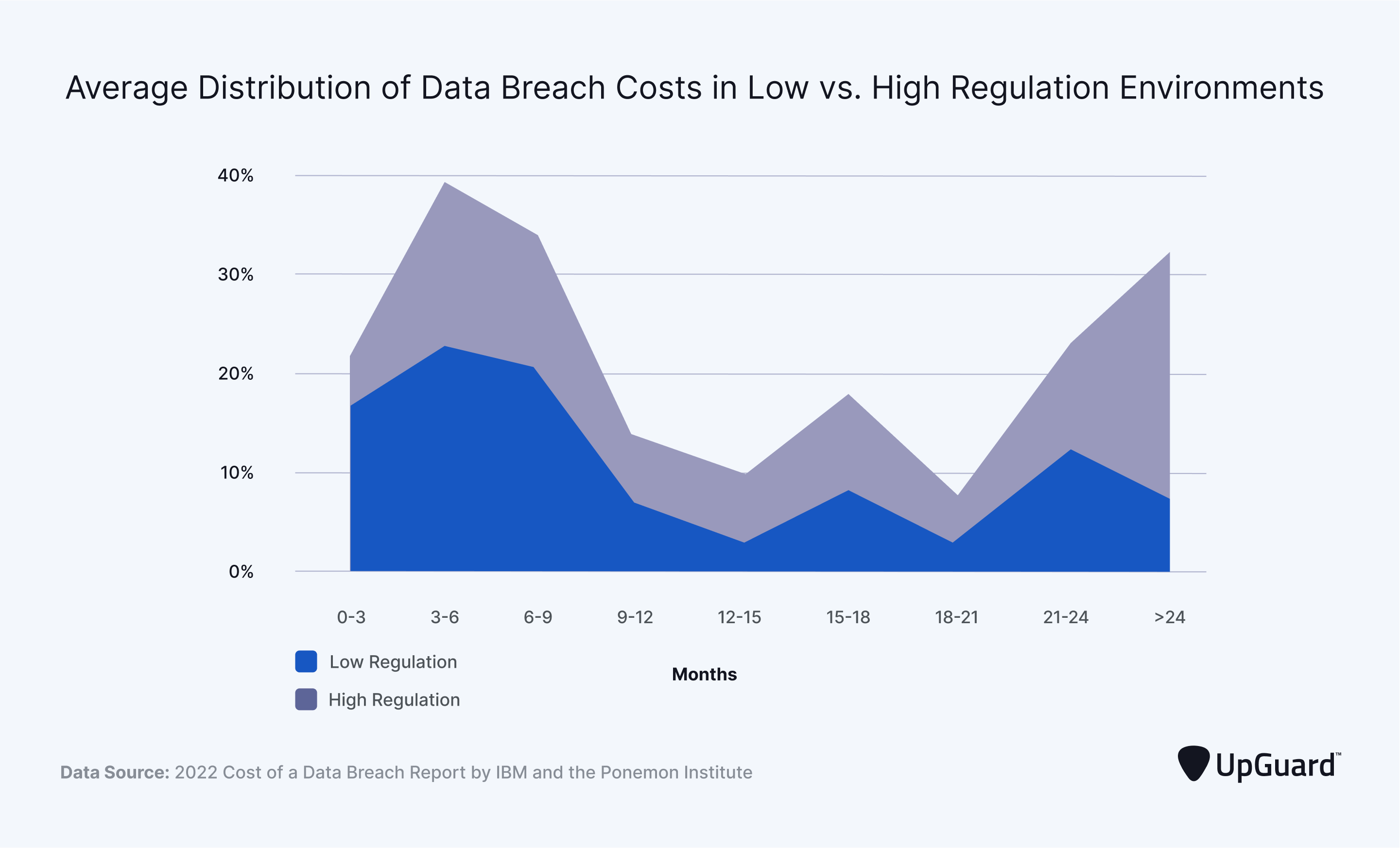In a landmark decision that underscores the ongoing concerns over privacy in the digital age, the Federal Communications Commission (FCC) has imposed hefty fines totaling nearly $200 million on four of the nation’s largest wireless carriers. Verizon, AT&T, T-Mobile, and Sprint have been penalized for improperly sharing sensitive customer location data. This ruling marks a significant moment in the telecommunications industry, highlighting the critical need for stringent data protection measures.

Unauthorized Data Sharing Exposed
The FCC’s investigation revealed that these telecom giants sold access to their customers’ location data to “aggregators,” who then resold this information to third-party location-based service providers. This chain of data sharing occurred without the explicit consent of the customers, breaching trust and violating privacy regulations.

Jessica Rosenworcel, FCC Chairwoman, emphasized the severity of the carriers’ actions, stating, “Our communications providers have access to some of the most sensitive information about us. These carriers failed to protect the information entrusted to them.” She highlighted that the shared data included real-time location information, which could reveal detailed personal patterns of customers.
This needs to happen in here! US telecom providers need to be held accountable especially ones like CenturyLink which still have Huawei gear humming away:
Australian Government fines Optus over data breach https://t.co/QwJ1Lze9Cm via @YouTube
— David Argon 🇺🇸 (@imofartz) September 26, 2022
Breakdown of Fines and Carrier Accountability
The fines were distributed as follows among the carriers: T-Mobile faces the stiffest penalty at $80.1 million, followed by AT&T at $57.3 million, Verizon at $46.9 million, and Sprint, now part of T-Mobile, at $12.2 million. Initially proposed in 2020, the fines were slightly adjusted for Verizon and T-Mobile after further review of additional evidence.

Future Implications for Telecom Privacy Practices
This decision by the FCC not only serves as a warning to other companies in the sector but also sets a precedent for how customer data should be handled. The lack of sufficient guardrails to ensure that third-party firms obtained customer consent before accessing location data was a significant factor in the ruling. Moving forward, the enforcement of these fines is expected to catalyze the adoption of more robust privacy protections across the industry.
As the landscape of digital communication evolves, the emphasis on protecting consumer privacy has never been more critical. This case serves as a reminder of the responsibilities that carriers have in managing the vast amounts of data they collect and the potential consequences of neglecting those duties.










